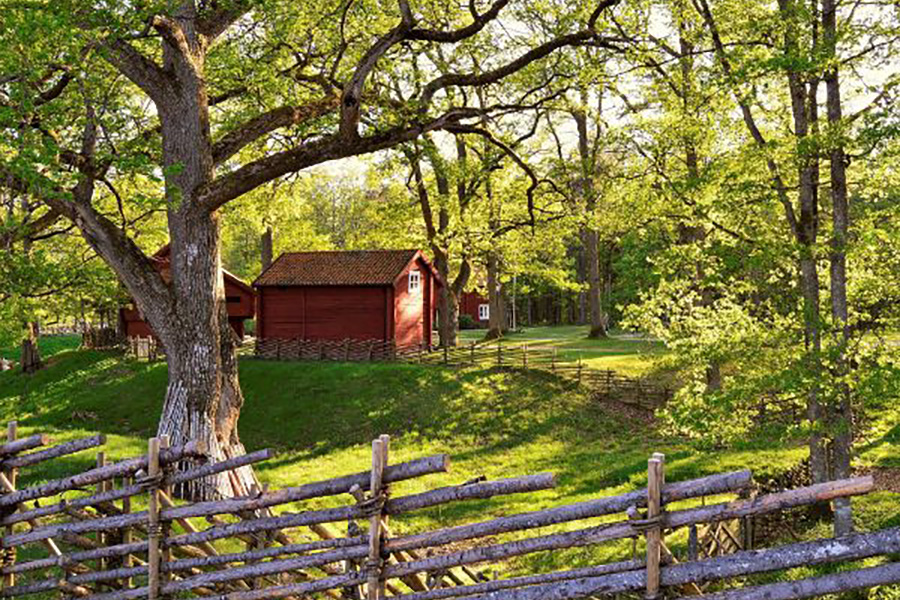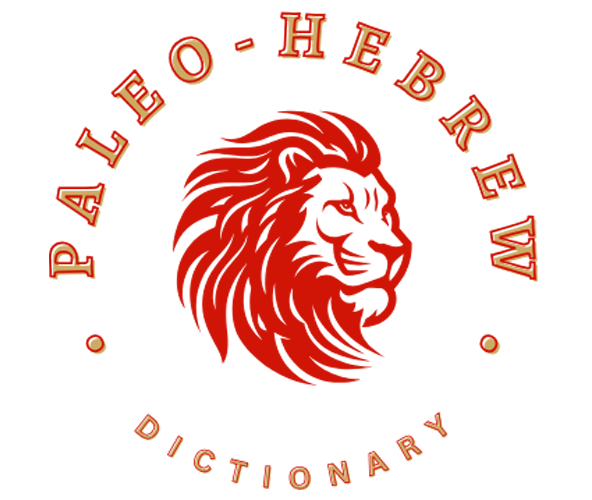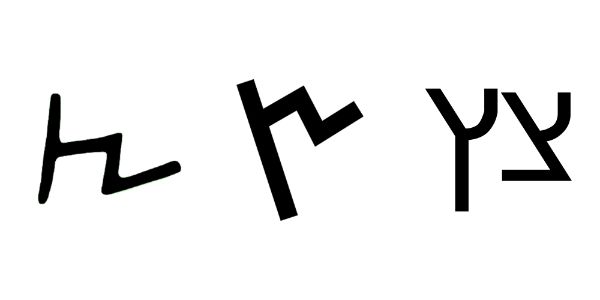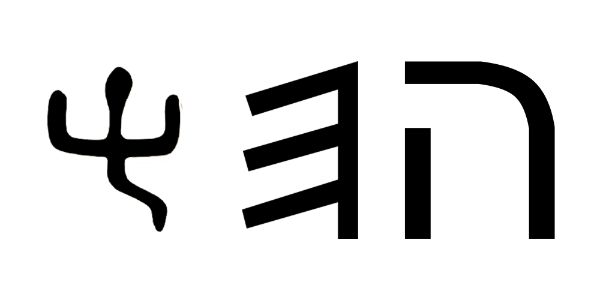The word gan (𐤂𐤍) means “enclosed garden” meaning something that is enclosed, such as a fence or wall, where flowers, shrubs, vegetables, fruits, or herbs are cultivated.
The Paleo-Hebrew language or the original language of the Ābarayam is one spoken with an emphasis on the rauakh (breath, wind, spirit). With the language of the Ābarayam, each letter has a meaning and a number associated with it that adds meaning to each word they’re used with. Below you will be able to learn more about the letter in Ancient Hebrew, Yiddish Hebrew, Greek, and much more.
Letter Meanings
| Letter | Meaning |
|---|---|
| 𐤂 (g) – ga | Foot, pride, walk, gather, carry, camel, cause movement, staff, throwing stick |
| 𐤍 (n) – na | offspring, seed, fish, heir, kingdom, continue, perpetuate Suffix: forming nouns denoting one with a certain characteristic. Suffix: forming names of chemical elements. |
| Ābarayat Number | 5 = 3 (g) + 50 (n) |
| Hebrew Gematria | |
| English Gematria | |
| Simple Gematria |
Based on the meaning of the letters the word could be defined as:
- “gather of kingdom”
- “gather of offspring”
- “gather of seed”
- “gather of heir”
- “gather to perpetuate”
- “carry offspring”
- “carry seed”
- “carry heir”
- “cause movement of kingdom”
- “staff of kingdom”
- “staff of heir”
Definitions for 𐤂𐤍 / gan
| Language | Word | Transliteration | Pronunciation | Definition |
|---|---|---|---|---|
| Ābarayat | 𐤂𐤍 | gan | gan | an enclosure, garden, fenced garden, enclosed garden. |
| English | enclosure / garden | enclosure / garden | en-kloh-zher / gahr-dn | something that encloses, as a fence or wall. |
| Hebrew | גַּן | gan | gan | an enclosure, garden |
| Arabic | جنّة | Jannah | ja-hahn-ah | paradise, garden |
| Greek | κήπος | képos | kay’-pos | a garden, any place planted with trees and herbs. |
Images for 𐤂𐤍 / gan


Definitions for 𐤂𐤍𐤉 / ganay
When adding the 𐤉 (yad) to the end of a word, it creates a possessive of the original word. It can either signify “my…” or identify a member of a nation. For example, 𐤏𐤁𐤓 (Ābar) is the progenitor, but 𐤏𐤁𐤓𐤉 (Ābaray) is the singular descendant of him also known as a Hebrew.
| Language | Word | Transliteration | Pronunciation | Definition |
|---|---|---|---|---|
| Ābarayat | 𐤂𐤍𐤉 | ganay | ganey | |
| English | ||||
| Hebrew | ||||
| Arabic | ||||
| Greek |
Images for 𐤂𐤍𐤉 / ganay


Definitions for 𐤂𐤍𐤉𐤌 / ganayam
When adding the 𐤌 (mayam) after the 𐤉 (yad) to the end of a word, it creates a plural of the original word. It can identify multiple members of a nation. For example, 𐤏𐤁𐤓 (Ābar) is the progenitor, but 𐤏𐤁𐤓𐤉𐤌 (Ābarayam) are the plural descendants of him also known as Hebrews.
| Language | Word | Transliteration | Pronunciation | Definition |
|---|---|---|---|---|
| Ābarayat | 𐤂𐤍𐤉𐤌 | ganayam | gana-yawm | gardens |
| English | gardens | gardens | gahr-dns | plots of ground, where flowers, shrubs, vegetables, fruits, or herbs are cultivated. |
| Hebrew | ||||
| Arabic | ||||
| Greek |
Images for 𐤂𐤍𐤉𐤌 / ganayam


Definitions for 𐤂𐤍𐤉𐤕 / ganayat
When adding the 𐤕 (tau) after the 𐤉 (yad) to the end of a word, it creates a plural of the original word. It identifies the language or a sign of a nation’s existence. For example, 𐤏𐤁𐤓 (Ābar) is the progenitor, but 𐤏𐤁𐤓𐤉𐤕 (Ābarayat) is the language of him also known as Paleo-Hebrew language.
| Language | Word | Transliteration | Pronunciation | Definition |
|---|---|---|---|---|
| Ābarayat | 𐤂𐤍𐤉𐤕 | ganayat | gana-yawt | |
| English | ||||
| Hebrew | ||||
| Arabic | ||||
| Greek |
Images for 𐤂𐤍𐤉𐤕 / ganayat


Classification
You can continue your studies of the words by viewing Strong’s entries for:




